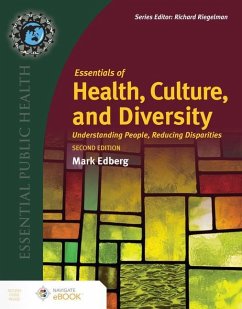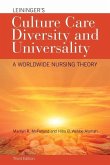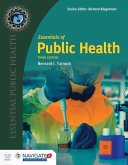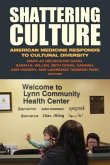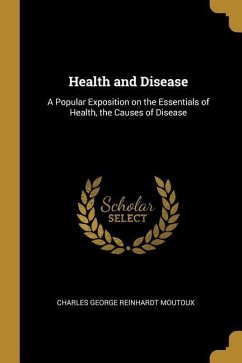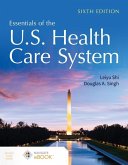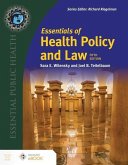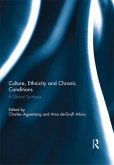"This book will examine what is meant by culture, the ways in which culture intersects with health issues, how public health efforts can benefit by understanding and working with cultural processes, and a brief selection of conceptual tools and research methods that are useful in identifying relationships between culture and health. The book will also include practical guidelines for incorporating cultural understanding in public health settings, and examples of programs where that has occurred"--
Hinweis: Dieser Artikel kann nur an eine deutsche Lieferadresse ausgeliefert werden.
Hinweis: Dieser Artikel kann nur an eine deutsche Lieferadresse ausgeliefert werden.

